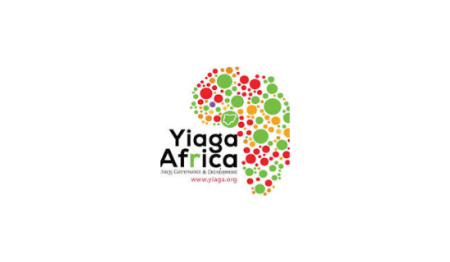The Food and Drugs Authority (FDA) of Ghana has issued a strong warning to the public regarding the dangers of engaging in or supporting the distribution of contaminated water, specifically “Galamsey Water.” This alert was prompted by a viral video that depicted women selling sachet water tainted by unsafe sources, underscoring a wider issue of public health risks associated with unregulated water packaging. The FDA is firm in its assertion that actions involving contaminated water pose significant dangers not only to individual consumers but also to the broader population, as improper water quality can lead to serious health outcomes. In light of these concerns, the FDA is actively urging the community to refrain from purchasing or endorsing such products to safeguard their health and well-being.
In its communication, the FDA emphasized the legal framework surrounding water production, clarifying that licensed facilities for sachet water are strictly prohibited from using their operations for any unauthorized products. This stipulation falls under the Public Health Act of 2012 (Act 851), which serves to uphold food safety standards and protect consumers from harmful substances. Violating this law could lead to severe consequences, not just for the manufacturers involved but also for the consumers who might unknowingly consume unsafe products. The FDA’s message reinforces the importance of accountability and adherence to public health regulations, which are essential in maintaining safe and hygienic food and water supply chains.
The FDA is not taking these matters lightly, as they are collaborating with security agencies to track down and prosecute individuals engaged in the illegal packaging of contaminated water. This partnership aims to strengthen enforcement actions against those who threaten public health through their practices. The agency’s commitment to monitoring and regulating food safety reflects a proactive stance in addressing health hazards associated with unsafe drinking water. They have made it clear that failure to comply with regulations will result in strict sanctions, thereby deterring potential violators who may consider engaging in such dangerous activities.
The implications of selling contaminated water extend beyond immediate health risks; they also highlight broader social and economic issues. Communities that have become reliant on unsafe water sources often suffer from chronic health conditions, which can strain local health systems and reduce productivity. The FDA’s intervention seeks not only to protect public health but also to promote a culture of compliance and safety among manufacturers and vendors alike. By reinforcing these regulations, the FDA aims to foster a safer environment for all Ghanaians and mitigate potential health crises stemming from contaminated drinking water.
In summary, the FDA’s position against contaminated water packaging signals a vital commitment to public health and safety. Through a combination of community education, stringent regulations, and ongoing law enforcement collaboration, the FDA is taking decisive steps to eliminate the production and distribution of unsafe water products within Ghana. As awareness of the dangers associated with “Galamsey Water” continues to grow, it remains imperative for citizens to engage in responsible consumption practices and support the FDA’s efforts to uphold health standards. Individuals are encouraged to report any suspicious activities regarding water packaging to help authorities address these serious health threats.
Ultimately, the FDA’s stance against the sale of contaminated water underscores the need for both consumer vigilance and regulatory enforcement. By prioritizing public health and ensuring compliance with existing laws, Ghana can work towards securing safe drinking water for all its citizens. This initiative not only aims to eliminate immediate hazards but also seeks to foster a long-term cultural change towards prioritizing health and safety in the food and water supply sector. The FDA’s efforts serve as a reminder of the critical relationship between regulatory agencies and public cooperation in establishing a healthier, safer society.














